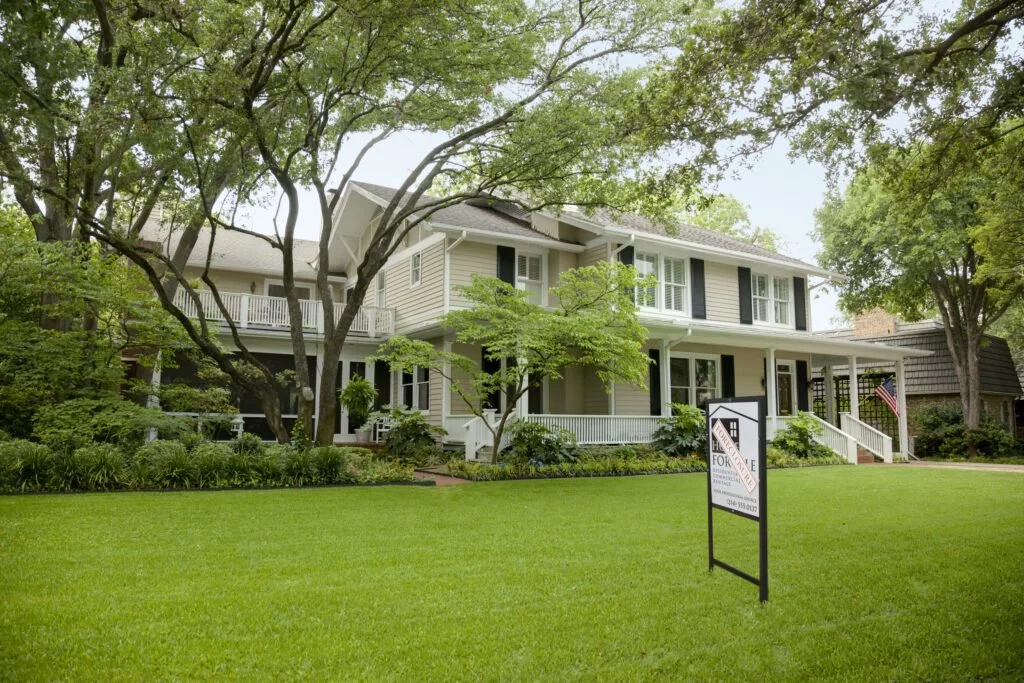Last week, Representatives Sarah Fowler Arthur and Ron Ferguson along with 27 cosponsors introduced HB 563 — a bill to limit the ability of local governments to regulate the operation of short-term rental services like Airbnb.
Airbnb has become a convenient scapegoat for local policymakers concerned about the price of housing in their neighborhoods. Opponents of Airbnb argue that people who rent out their homes or properties using the app fill space that could be filled by long-term housing, constricting the supply of housing and driving prices up.
These arguments are not completely wrong. A study of the impact of Airbnb on housing prices found that a 1% increase in Airbnb listings leads to a 0.018% increase in rents and a 0.026% increase in house prices. This means that if you are paying $1,000 a month for your apartment, you will pay an extra 18 cents per month on your rent if the Airbnb listing rate grows by 1%. If the number of Airbnbs in the area doubled, you’d have to pay an extra $18.
There are impacts, but they are tiny. But what are the costs of making it harder to use Airbnb in Ohio?
I’ve personally felt the impact of efforts to restrict the use of Airbnb here in Columbus. When I started my policy analysis practice in 2018, I was starting from scratch having never run a business of my own before. Part of my strategy to make ends meet was to rent my apartment using Airbnb and crash at my parents’ or friends’ houses a few weekends a month. It ended up being a key part of what was able to get my business off the ground.
In 2019, the City of Columbus started to passed legislation to control the use of Airbnb, partially at the behest of local hotel companies that were being undercut by the affordability and convenience of short-term rentals over their older model. One regulation Columbus put in place was to ban renters from using Airbnb without written permission from their landlords, presumably to protect the interest of landlords who wanted more control over tenants and their spaces.
This put me out of work as an Airbnb host in my home. I ended up buying a home, seeing that the ability to rent my own space with Airbnb would make up for the higher cost of owning over renting. But soon after I bought, the pandemic hit. I have yet to host through Airbnb in my new home.
Some things lined up for me to keep my head over water. The Paycheck Protection Program allowed my small business to survive a scary first few months of COVID-19. Eventually business picked up for me and the need for Airbnb abated. I got lucky.
There are certainly reasons to want to regulate Airbnb and other short-term rentals. HB 563 carves out exceptions for local governments to continue to regulate short-term rentals for public health, safety, and nuisance purposes. It makes sense for local governments to protect neighbors from the impact of Airbnb, especially in the presence of bad actors, if they are presenting a direct harm.
But ultimately, Airbnb is an edge case when it comes to housing affordability. Reforming antiquated zoning codes, property taxation, and subsidy structures will do so much more for affordability than clamping down on short-term rentals. But it’s always easier to mobilize against a scapegoat.
This commentary originally appeared in the Ohio Capital Journal.

